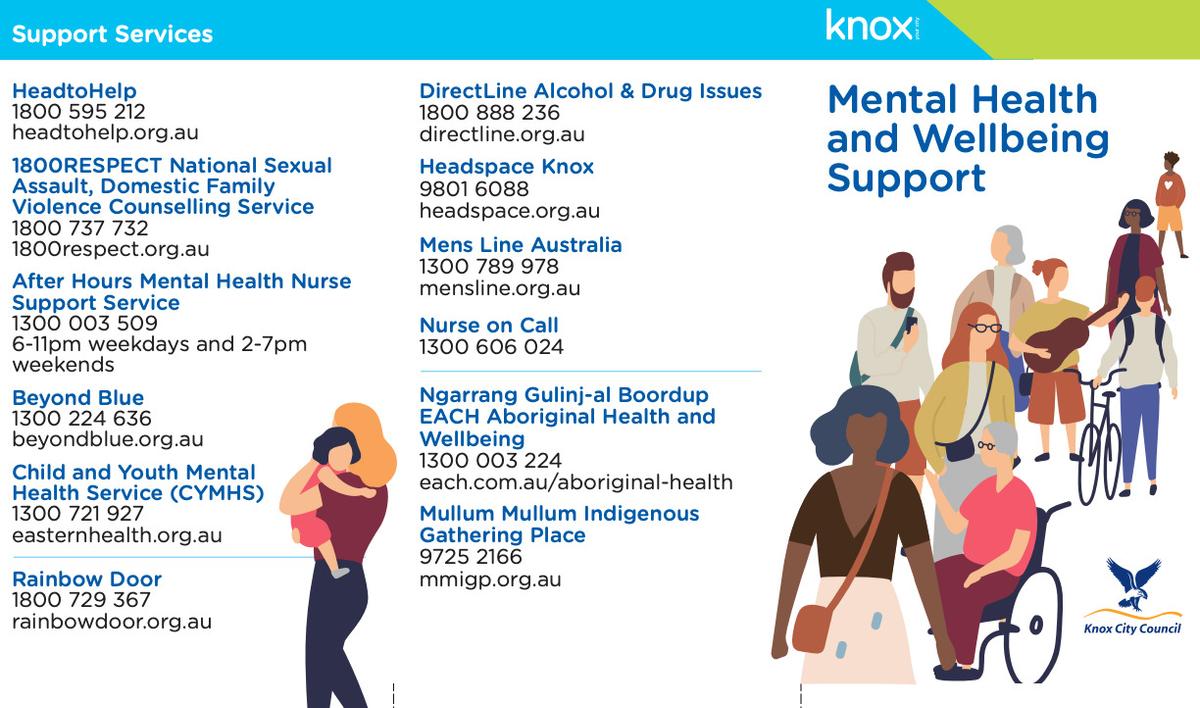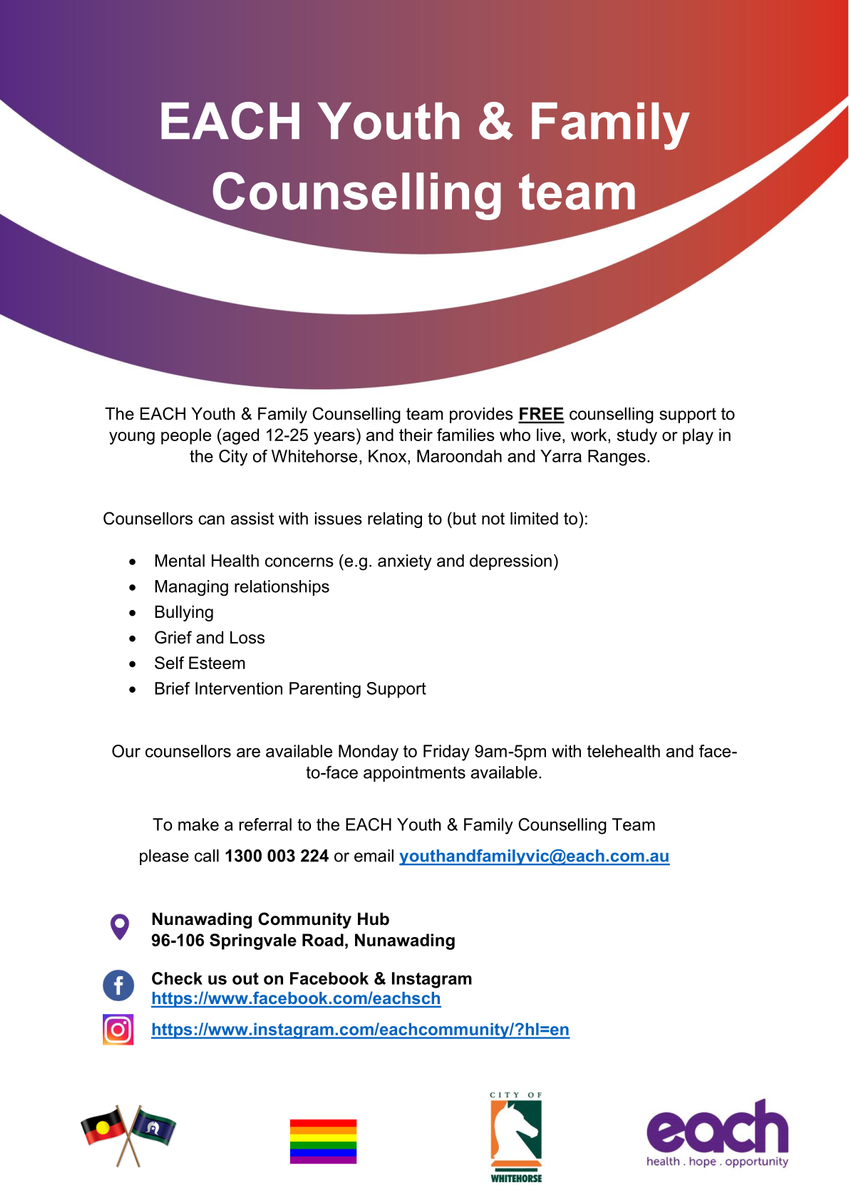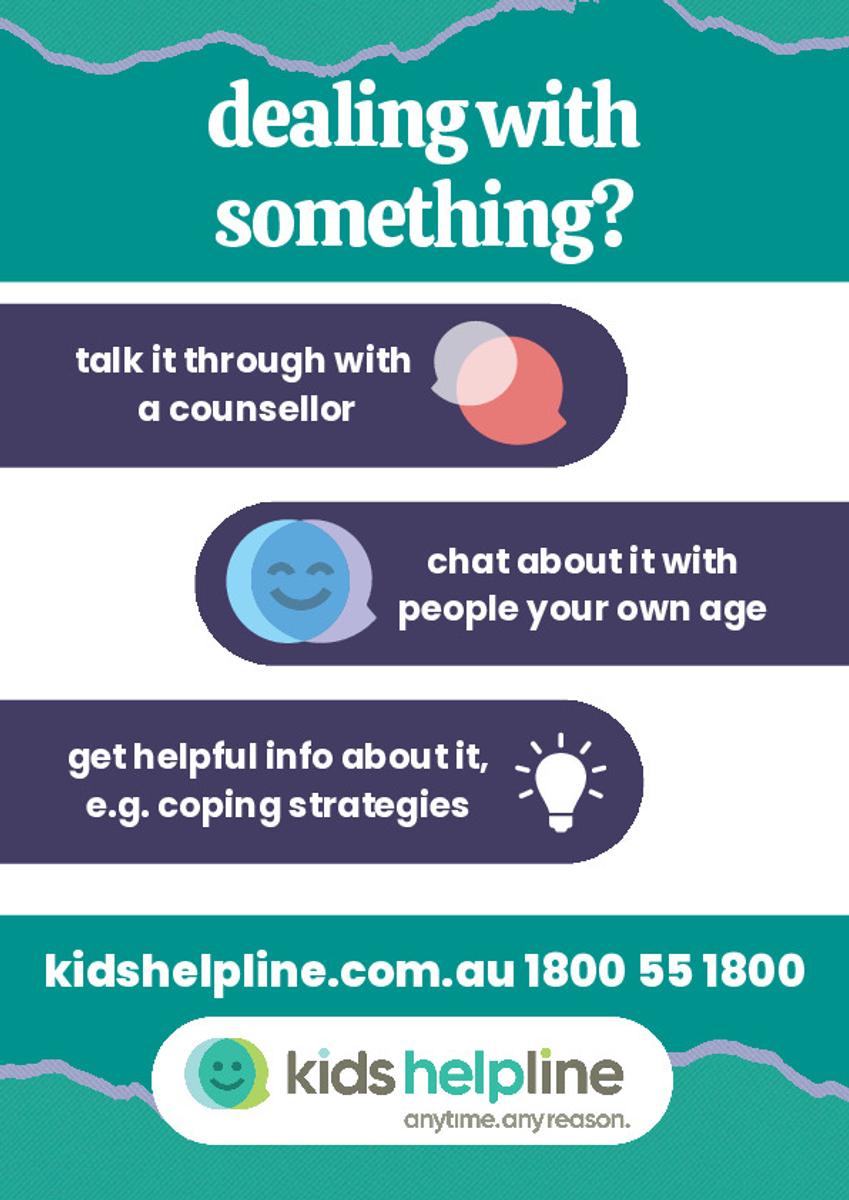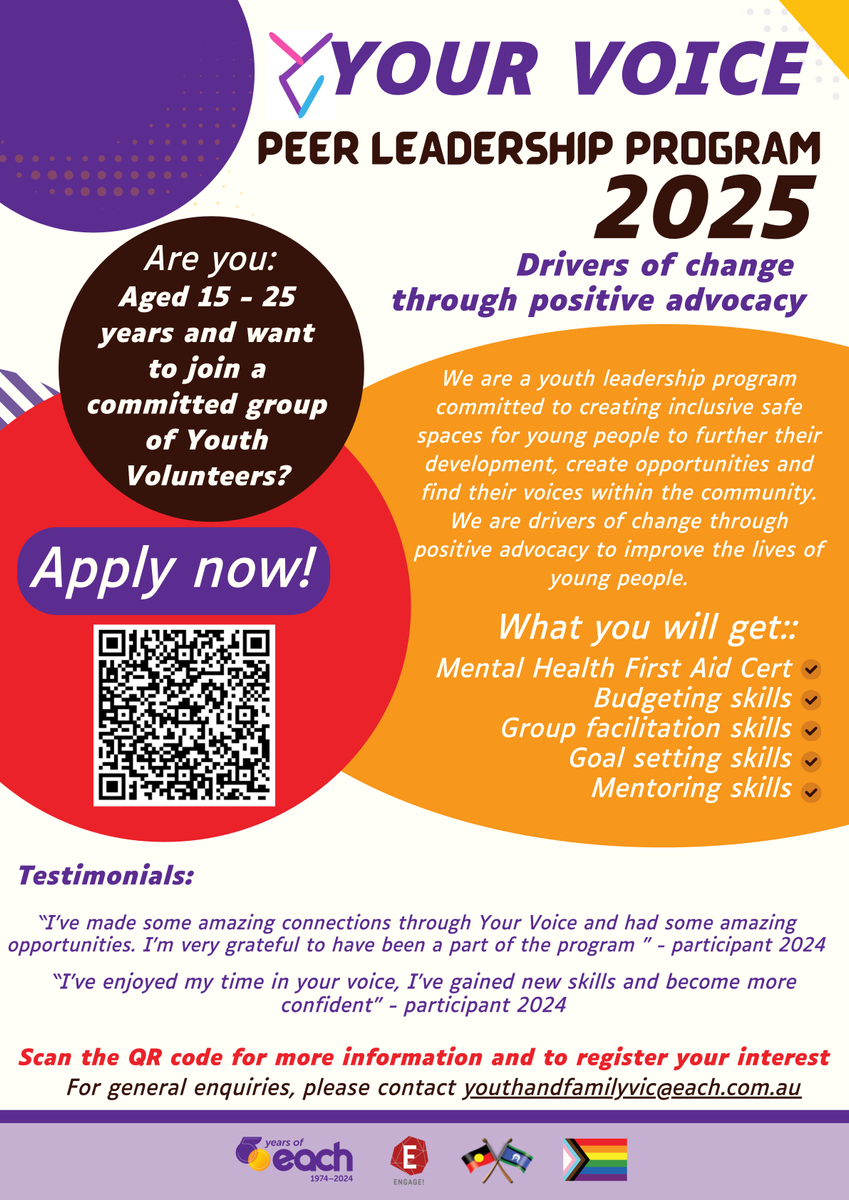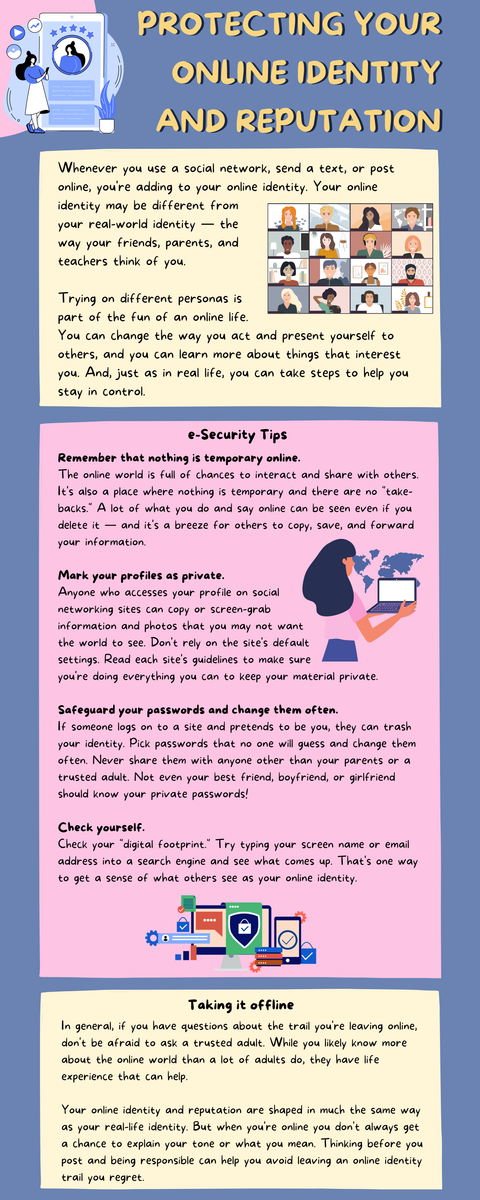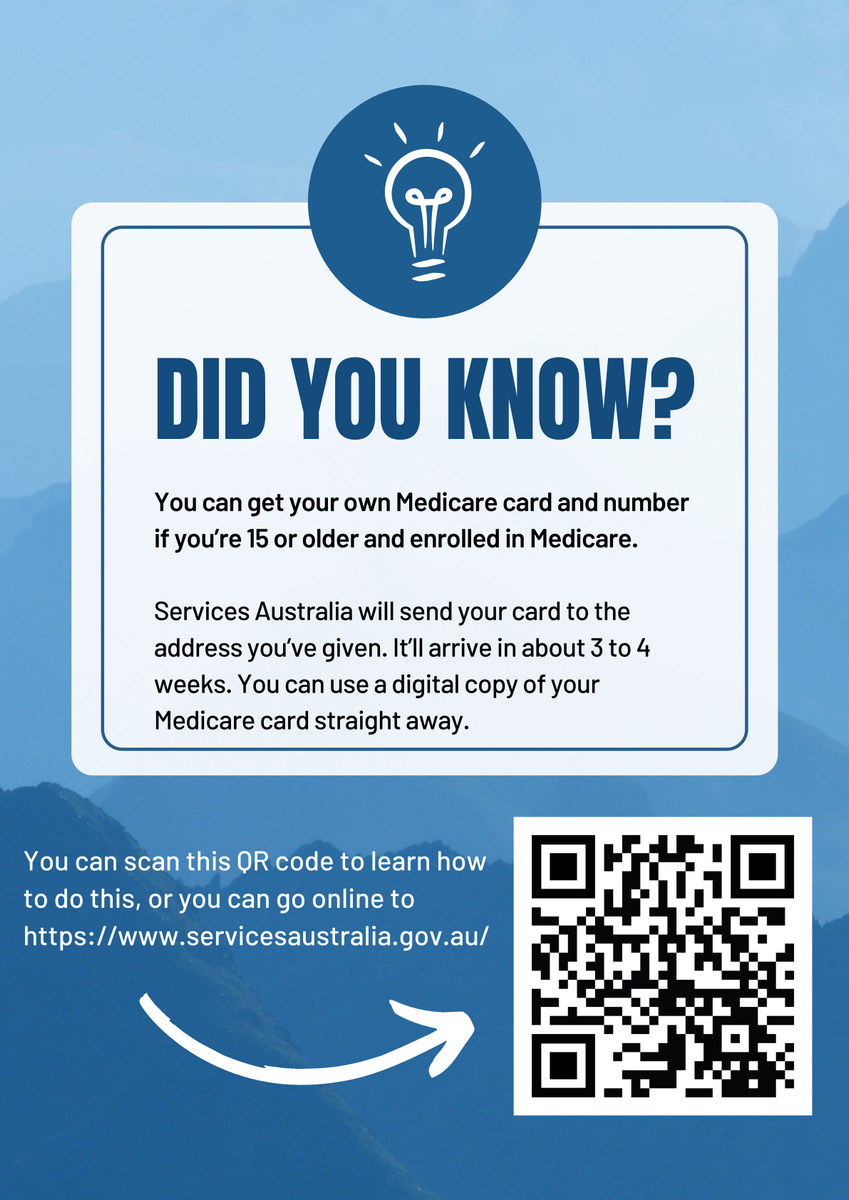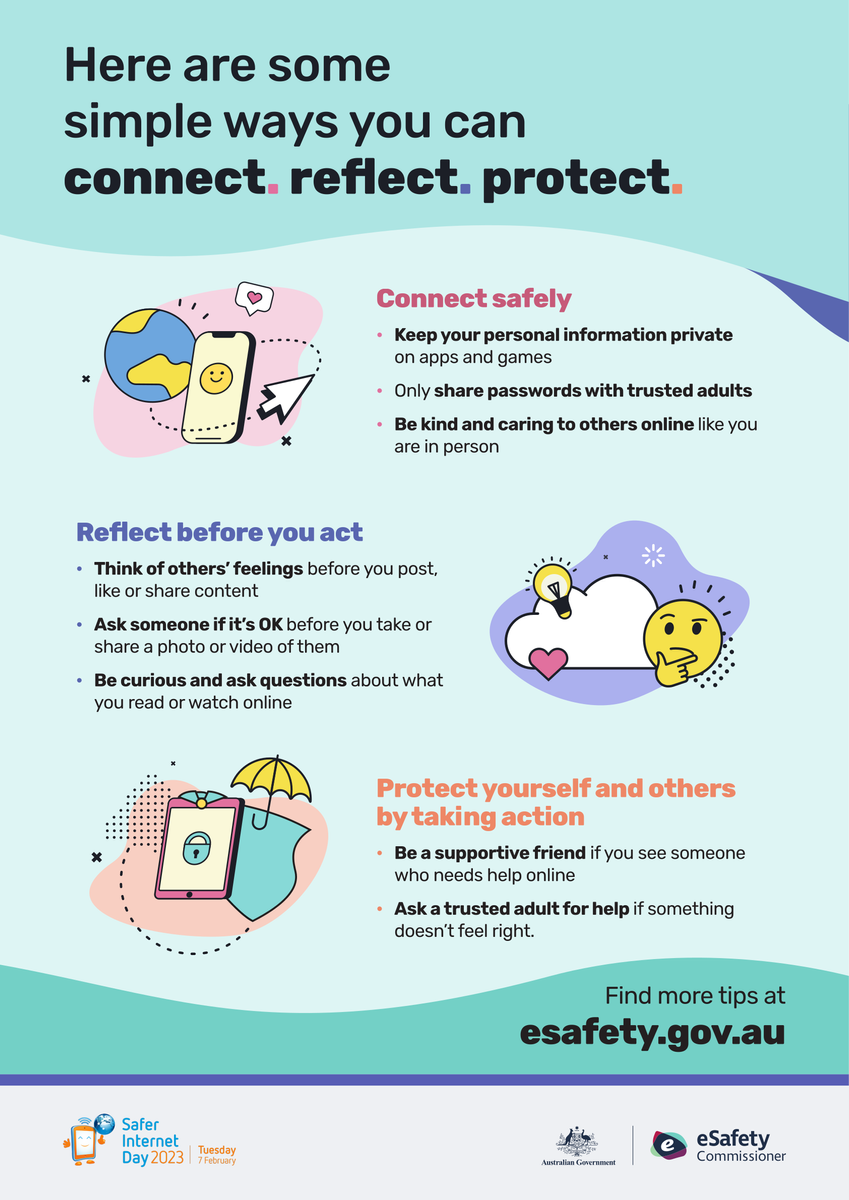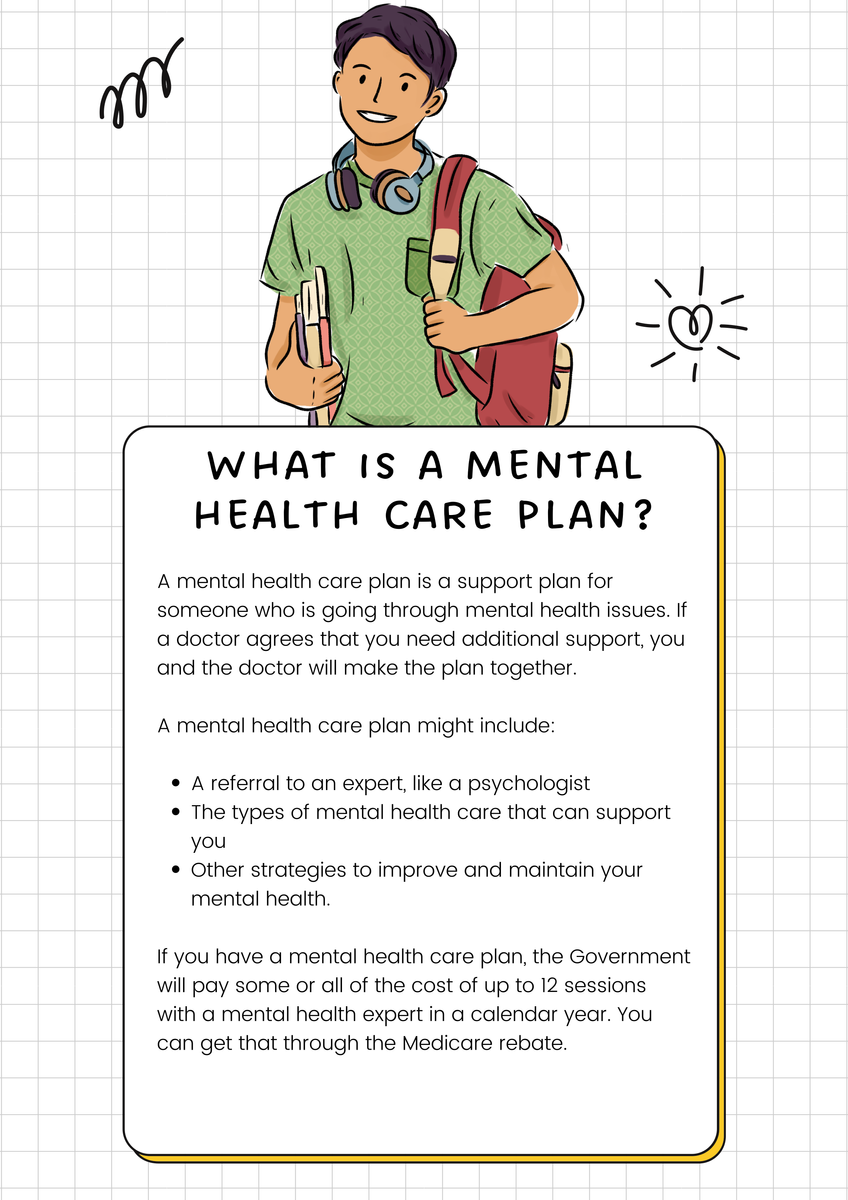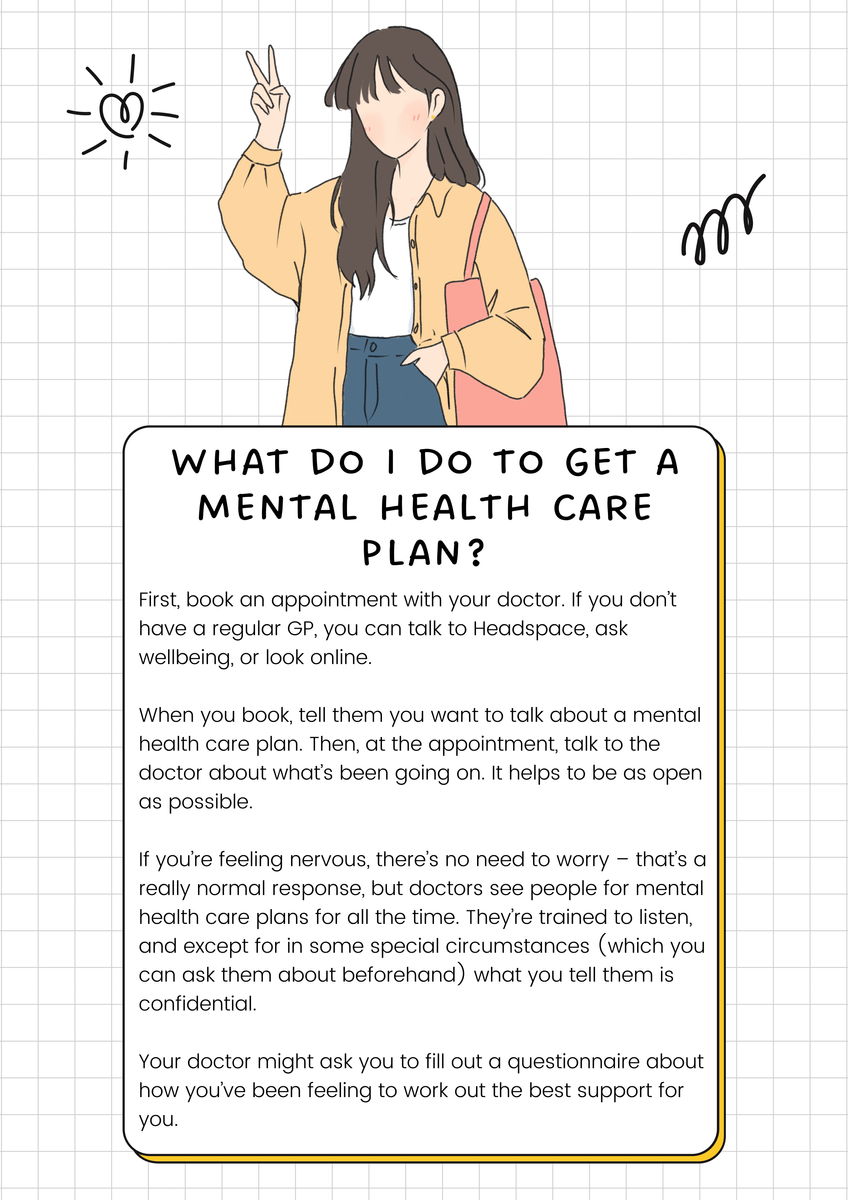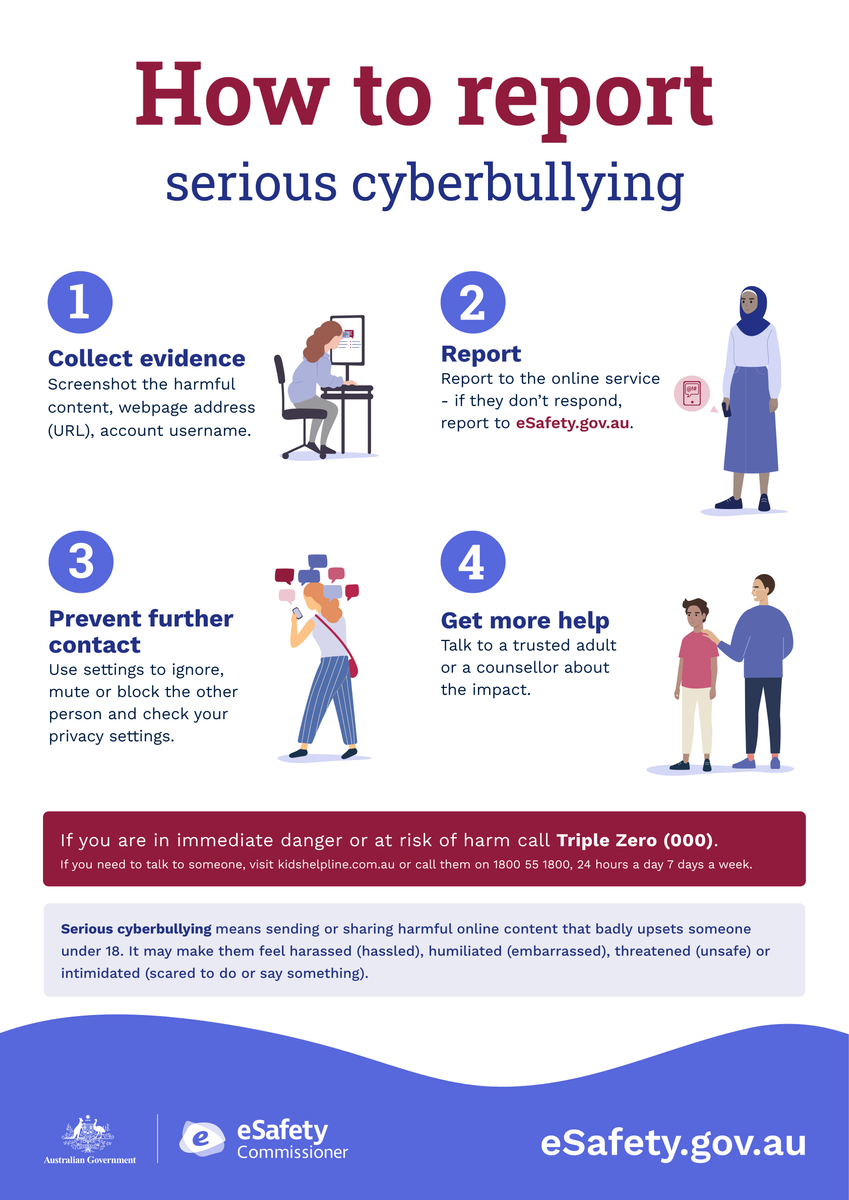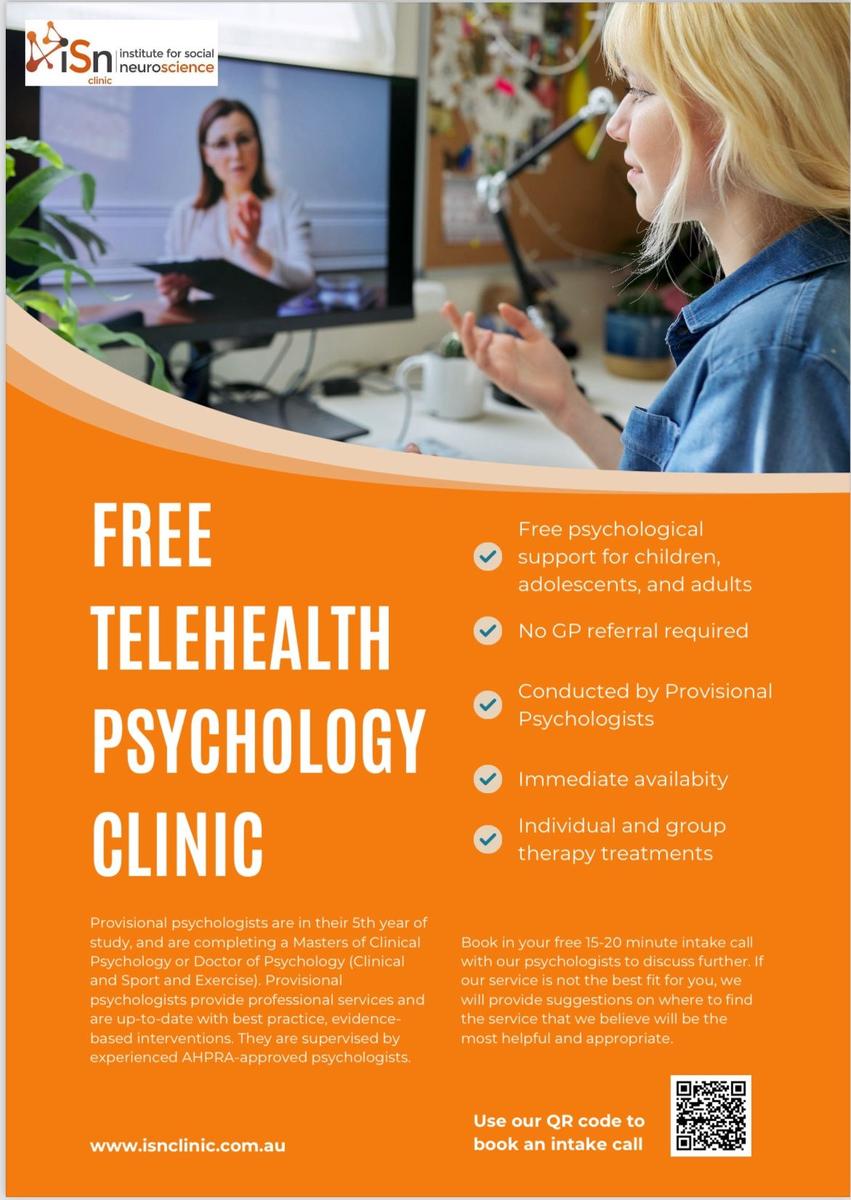Parent Wellbeing

Sleep and Teenagers: Helping Your Teen Get Better Rest
If you’re a parent or carer of a teenager, you know that sleep is super important for their health and mood. But what if your teen’s having trouble catching those Zzz’s? You might be wondering how much sleep they really need, why they’re not getting enough, and what you can do to help.
Let’s break it down and look at how you can support your teen in getting the sleep they need.
Why Sleep is a Big Deal for Teens
Sleep is important for everyone, but for teens, it’s even more crucial because they’re growing fast—physically, mentally, and emotionally. Good sleep helps with:
Creative and critical thinking
Physical health and growth
Focus, memory, and motivation
Mental health and mood
Making better decisions and avoiding risky behaviour
How Much Sleep Should Teens Get?
Experts say teens should aim for 8 to 10 hours of sleep each night. But most are only getting between 6.5 and 7.5 hours. Aiming for less than 7 or more than 11 hours isn’t ideal either.
What’s Keeping Teens Up?
There isn’t just one reason why teens might struggle with sleep. Here are some common culprits:
Stress from school, homework, and social life. Many students say study stress keeps them up at night.
Busy schedules with school, work, sports, and hanging out with friends.
Tech use before bed. Phones, computers, and games can mess with their sleep patterns.
Body clock changes. During puberty, their internal clocks shift, making them naturally want to stay up later.
Mental health issues like anxiety or depression, which can also mess with sleep.
And don’t forget, sleep disorders and conditions like ADHD can also make getting good sleep tough.
Signs Your Teen Might Have Sleep Problems
Sleep issues can show up in various ways. If your teen is struggling, they might:
Forget things easily or make poor decisions
Be moody or irritable
Have trouble concentrating at school
Feel sleepy during the day
Take naps or miss school because they’re too tired
If they regularly take more than 30 minutes to fall asleep or wake up a lot during the night, it might be time to get some professional help.
How to Help Your Teen Sleep Better
Here are some tips to help your teen improve their sleep:
Stick to a sleep schedule. Try to keep bedtimes and wake-up times consistent, even on weekends.
Create a relaxing bedtime routine. Reading a book or listening to soft music can help.
Limit screen time before bed. The blue light from screens can interfere with sleep.
Check their schedule. Make sure they’re not overloading themselves with activities.
Lead by example. Show them that you prioritise good sleep too.
When to Get Professional Help
If these tips aren’t making a difference, it might be time to see a GP. They can help identify any underlying issues or refer you to a specialist. Treatments like cognitive behavioural therapy (CBT) for insomnia or light therapy might be suggested, depending on what’s going on.
Extra Tips to Boost Your Teen’s Sleep
Encourage Physical Activity
Regular exercise can help your teen fall asleep faster and enjoy deeper sleep. Just make sure they finish exercising at least a few hours before bedtime to avoid being too energized to sleep.
Mind the Caffeine
Caffeine, found in coffee, tea, and some soft drinks, can disrupt sleep. Encourage your teen to avoid these beverages, especially in the afternoon and evening.
Create a Sleep-Friendly Environment
Make their bedroom a relaxing space by keeping it cool, dark, and quiet. Consider blackout curtains or a white noise machine if needed.
Watch the Naps
While napping isn’t inherently bad, long or irregular naps can interfere with nighttime sleep. Encourage short naps (20-30 minutes) if your teen needs them, but try to avoid naps late in the day.
Teach Stress Management
Help your teen develop healthy ways to manage stress, such as journaling, talking about their feelings, or practicing mindfulness techniques. Reducing stress can lead to better sleep.
Be Patient and Supportive
Improving sleep habits takes time. Be supportive and patient as your teen adjusts to new routines and strategies. Celebrate small victories along the way.
Quick Facts for Parents
Sleep and Academic Performance: Better sleep is linked to improved grades and concentration. Prioritizing sleep can boost their academic performance.
Sleep and Safety: Lack of sleep can affect coordination and reaction times, increasing the risk of accidents. Ensure they get enough rest to stay safe, especially if they’re learning to drive.
Sleep and Social Life: Good sleep can help with mood and social interactions. Teens who sleep well are more likely to have positive relationships with friends and family.
Resources to Check Out
For more info on teen sleep, you might find these resources helpful:
National Sleep Health Foundation: Factsheets on sleep for teens.
Raising Children Network: Tips on helping your teen with sleep.
ReachOut Parents Forum: A place to connect with other parents.
ReachOut Peer Chat: A space for your teen to chat with peers.
Improving your teen’s sleep won’t happen overnight, but with some patience and the right strategies, you can help them get the rest they need to feel and perform their best.
Looking for Support?
EACH - Health Services 1300 003 224
These services are free or low-cost.
93 Boronia Rd, Boronia
Youth Mental Health Services 9298 8469
headspace 1800 650 890
Safe Steps Family Violence Response Centre 1800 015 188 (24 Hours)
1800 Respect 1800 737 732 (24 Hours)
Nurse on Call 1300 60 60 24
The Butterfly Foundation 9822 5771
FriendLine 1800 424 287
24/7 Mental Health Hotlines:
Kids Helpline 1800 55 1800
Lifeline - Call 13 11 14, text 0477 13 11 14 or chat online.
Suicide Call Back Service 1300 659 467 or suicidecallbackservice.org.au
Beyond Blue 1300 22 4636
Student Wellbeing Team
Email: wellbeing@wantirnacollege.vic.edu.au
Chelsea Collings - Leader of Wellbeing
Guiseppe Relia – Wellbeing Counsellor
Sanela Avdic - Wellbeing Counsellor
Talea-Jane Simpson – Wellbeing Counsellor
Tajinder Wulff - Mental Health Practitioner 7-8
Lea Marrison - Mental Health Practitioner 9-12

